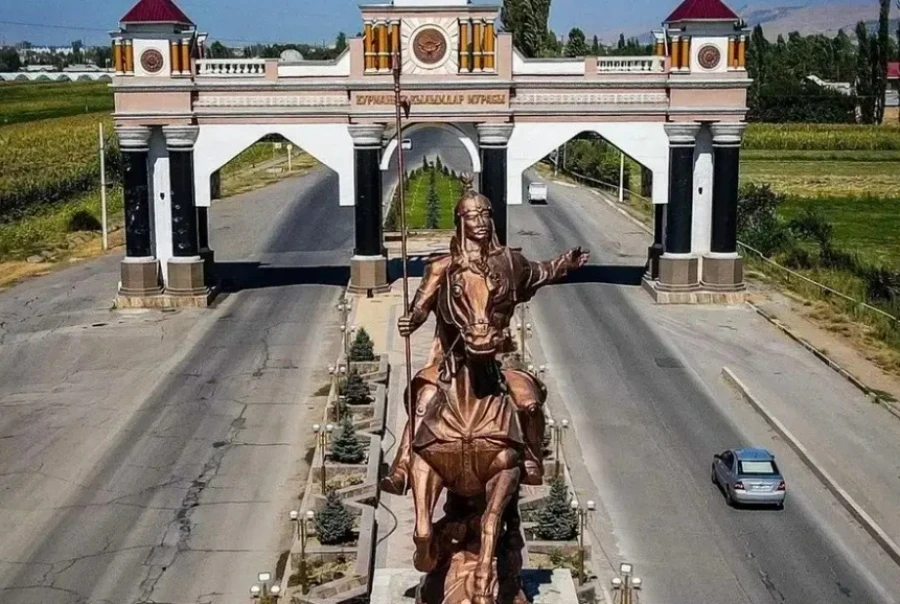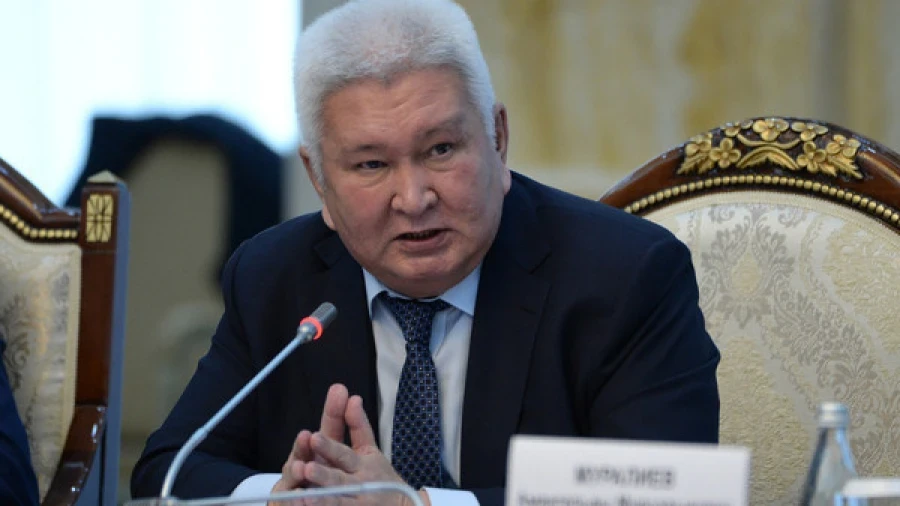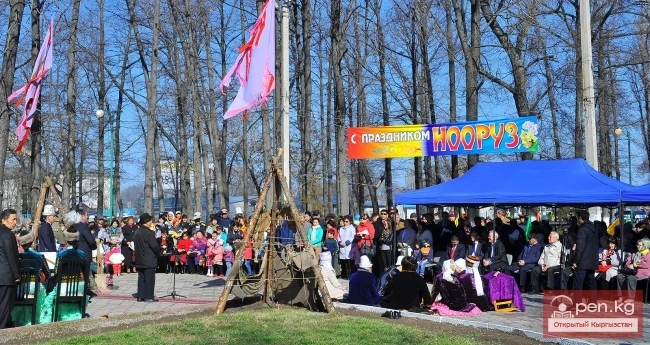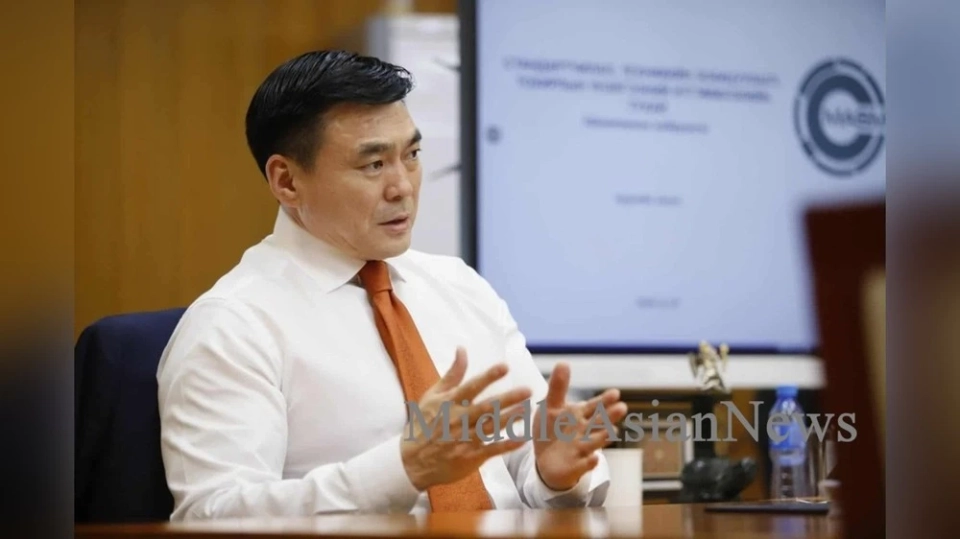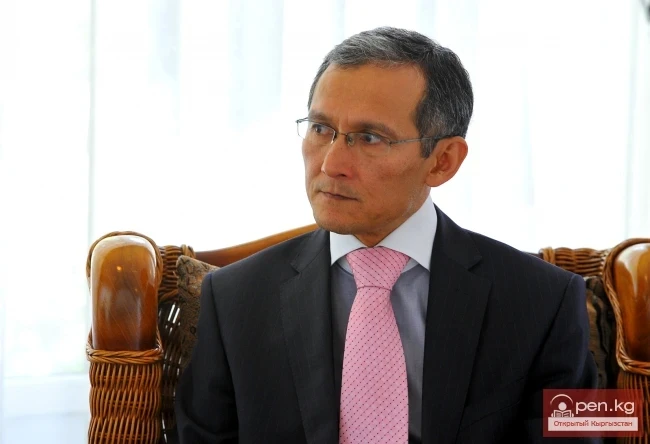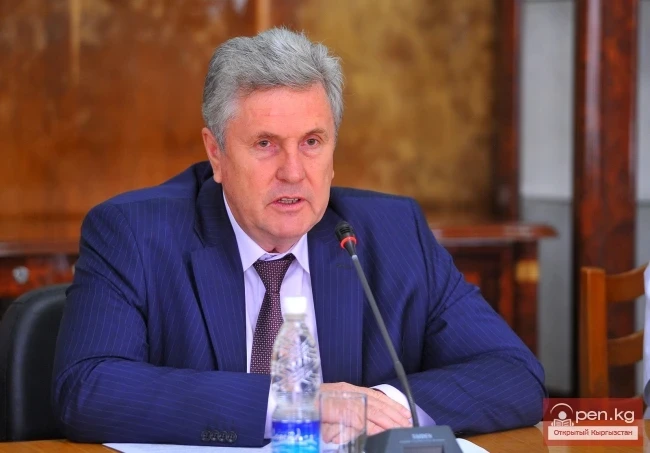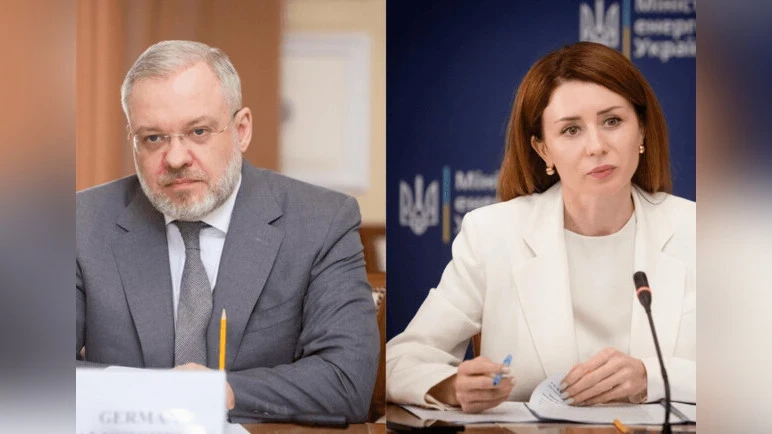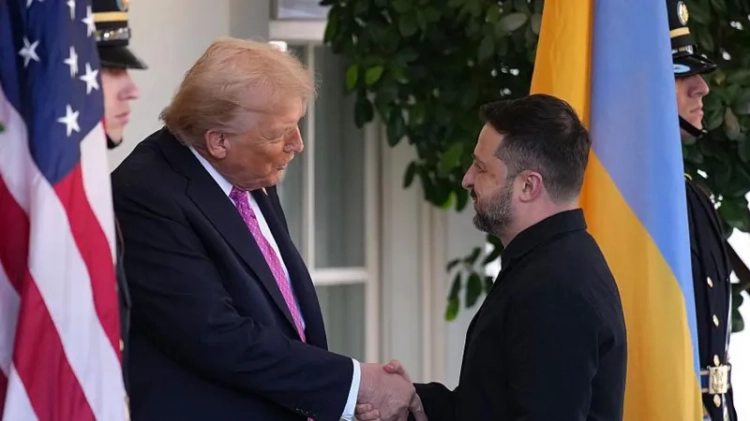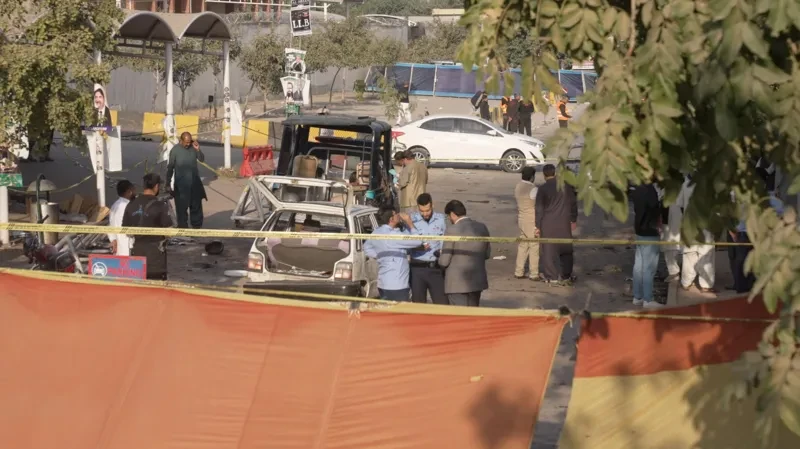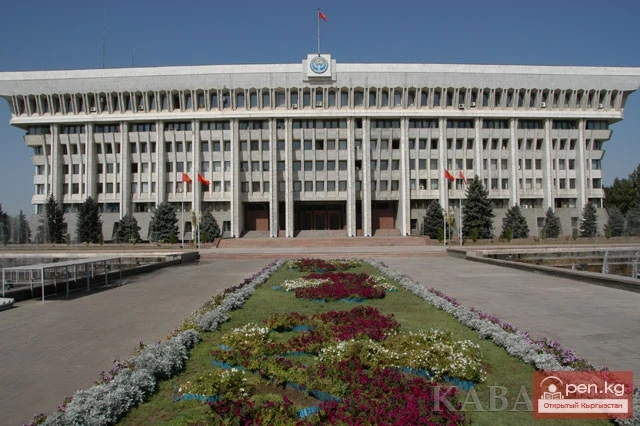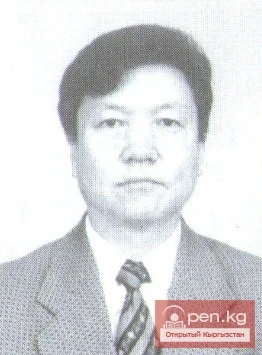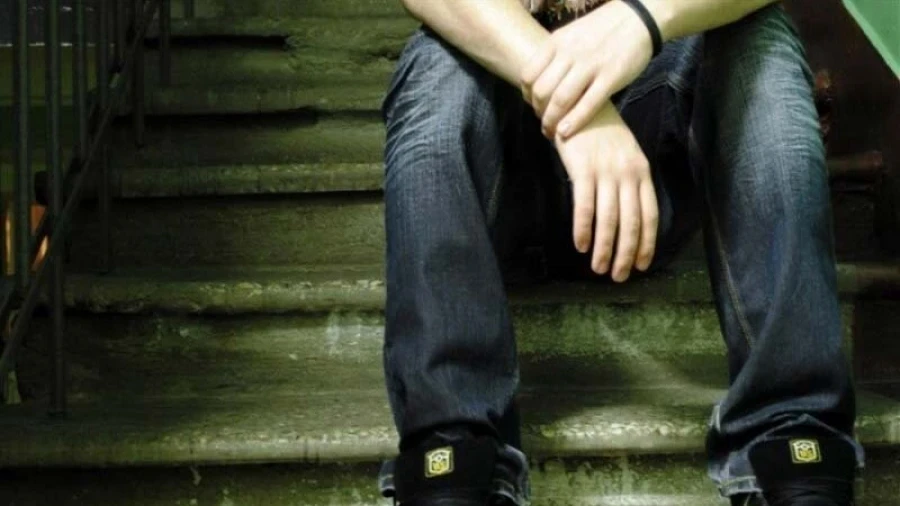
Former Prime Minister Expresses Concern Over Rising Juvenile Crime
Felix Kulov, the former prime minister, raises an alarming issue regarding the formation of a new "antisocial" generation among the youth. In his social media post, he shares his concerns.
Recently, I had a conversation with detectives from the criminal investigation department that left me with troubling thoughts. During our discussion, I couldn't help but inquire about the current crime situation, and the data I received was more than alarming. This is not just statistics; it is a serious diagnosis that could escalate into a nationwide problem — we are talking about a new wave of juvenile crime.
The situation described to me fundamentally changes previous perceptions. While previously offenders were mainly adults aged 30-40, crime is now increasingly "youthful," with children under 16 becoming its leaders.
In this context, laws that limit harsh measures like arrests for minor offenses become ambiguous tools. We observe a vicious circle: a high rate of recidivism and impunity only fuel brutality.
The main cause of this problem is the social crisis. Many of these teenagers come from dysfunctional or single-parent families where parental guidance is absent. Finding themselves on the streets after the 9th grade, they fall into a void: education is behind them, work is inaccessible, and the future seems hopeless.
As a result, they accumulate anger and brutality, which become the norm. Murders with unimaginable cruelty increasingly indicate possible involvement of teenagers. This is not an accident; it is already a clear symptom.
The situation is exacerbated by alarming statistics from the Ministry of Health: 11% of the population suffers from mental disorders, yet only 53,000 people are registered with psychiatrists. The situation is particularly dire for children under 14: over the year, the number of illnesses has increased by 20%. We stand on the brink of a precipice where children's aggression, social disorientation, and undiagnosed mental issues intertwine.
Primitive accusations against law enforcement only distract from the real problem. The police respond to crimes that have already been committed and cannot replace parents, schools, social services, and medical professionals. The existing prevention system proves to be extremely ineffective, and we are already reaping the bitter fruits of this.
If immediate and decisive steps are not taken, we risk raising an entire "antisocial" generation of young people for whom antisocial behavior will become the norm. This is not only a problem for law enforcement but also a direct threat to the country's future.
What measures should be taken?
First and foremost, a detailed analysis of the situation is necessary. Juvenile crime continues to rise in 2024-2025: in 2024, 1,640 juvenile offenders were recorded. In the first six months of 2024, 828 crimes involving them were registered, and no clear decrease is observed. At the same time, the judicial system is becoming more lenient: the number of sentences to imprisonment for minors has decreased from 178 in 2005 to 13 in 2024. However, leniency without effective alternatives only breeds permissiveness.
Experts identify several key factors that shape the overall picture:
1. Social disintegration of families.
2. School rejection: mass dropout after the 9th grade.
3. Mental disorders against the backdrop of a shortage of child psychologists and psychiatrists.
4. Economic hopelessness: lack of legal ways to earn a living.
5. Fragmentation of actions by institutions: schools, social services, and law enforcement act separately.
6. Preventive vacuum: absence of effective early intervention programs.
Global practices suggest solutions such as restorative justice, rehabilitation centers instead of prisons, inter-agency approaches, and school prevention. In our case, there is a dispersion of responsibility and a lack of coordination.
Some of the proposed measures are not a universal solution, but they are a necessary first step:
- Establishing an Interagency Commission on Child Safety under the government with the participation of all relevant ministries, the prosecutor's office, and NGOs. The goal is not to simulate activity but to develop a National Strategy and strict monitoring of its implementation.
- Adopting a State Program "Protection of Children and Prevention of Juvenile Crime" with a separate budget. The foundation of the program should be "rehabilitation-labor centers," which are not prisons but educational-production institutions of a closed type with enhanced pedagogical and psychological support.
The goal is not isolation but re-education, providing basic education and job skills (e.g., as a locksmith or electrician), as well as a course in social and psychological rehabilitation. Graduates should receive not only a certificate but also a guaranteed job through a system of tax incentives for employers. The referral of teenagers to such centers should only be carried out with the consent of parents or legal representatives and by decision of a special commission.
If in 2024, 1,640 crimes were recorded, then a pilot project for 200 people per year could cover 12% of the most acute "need" for rehabilitation.
Delaying the resolution of this issue could have catastrophic consequences. We need to act now to pull these children from the abyss; otherwise, tomorrow we may face a lost generation, the consequences of which will be irreversible for the entire society.
Photo www
